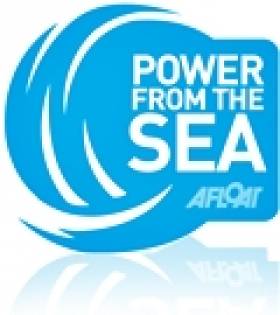Displaying items by tag: Minister of State, Fergus O'Dowd TD
#powerfromthesea – Speaking in London at a debate hosted by the London Irish Business Society, Minister of State, Fergus O'Dowd T.D., said "Offshore Ireland has a significant potential for oil and gas finds. Recent discoveries and on-going petroleum research indicate a positive resource potential, but how this unfolds will vary depending on the level of exploration activity and its success."
The Minister went on to say "It is only through active exploration that the potential of the Irish offshore will be proven. Ireland's offshore area is vast, – 700,000 sq km approximately, but there has been relatively few commercial successes in over forty years exploration. We need increased levels of exploration activity, in particular exploration drilling levels if true potential is to be proven".
The Minister confirmed the Government intended to formally commence the next licensing round in the coming months and pointed to a number of initiatives by the Government aimed at improving the perspective on prospectivity offshore Ireland by enhancing data availability and moving to de-risk exploration effort. In particular, he pointed to the commencement in June 2013 by far the largest regional 2D seismic survey ever to be acquired in the Irish offshore. He also highlighted the research that he and Minister Rabbitte had commenced to review the fitness for purpose of Ireland's Fiscal Terms and his expectation that the outcome of that review would be available to inform the next licensing round.
Minister O'Dowd underlined the new interest in Ireland, pointing to the significant new entrants to the Irish offshore following the 2011 round and his determination to build on this momentum. The Minister concluded by stressing "Ireland is open for Business, there are good opportunities for accessing exploration acreage and Ireland has modern, open, transparent and effective regulatory processes."






























































